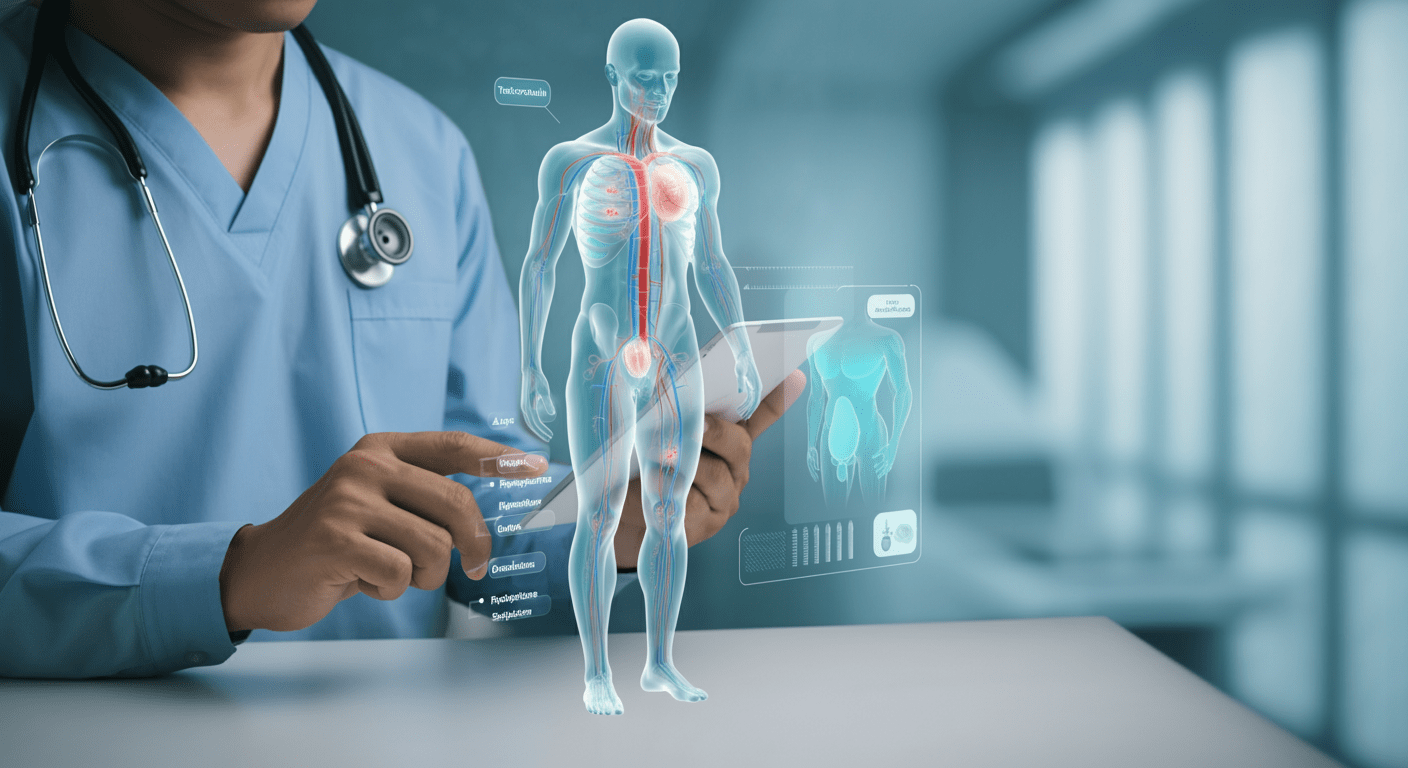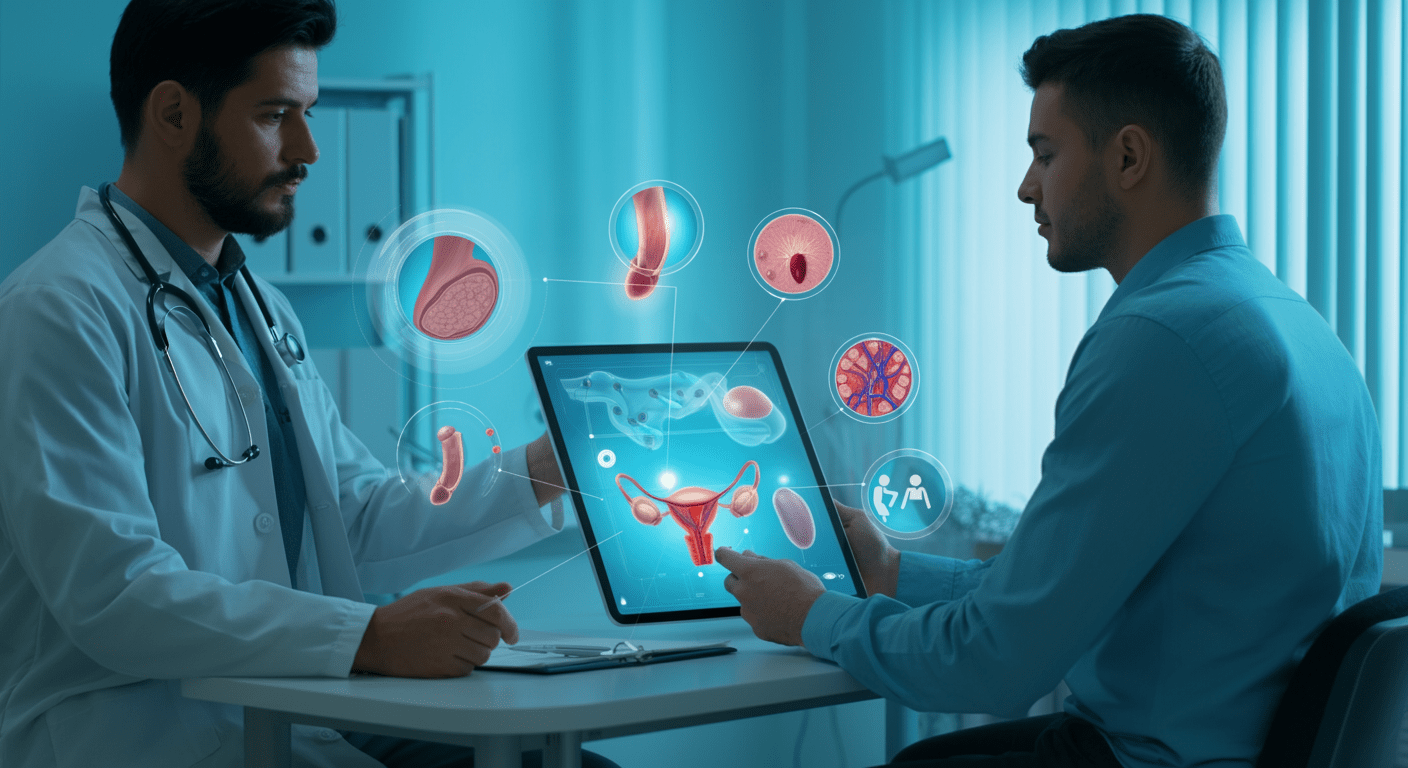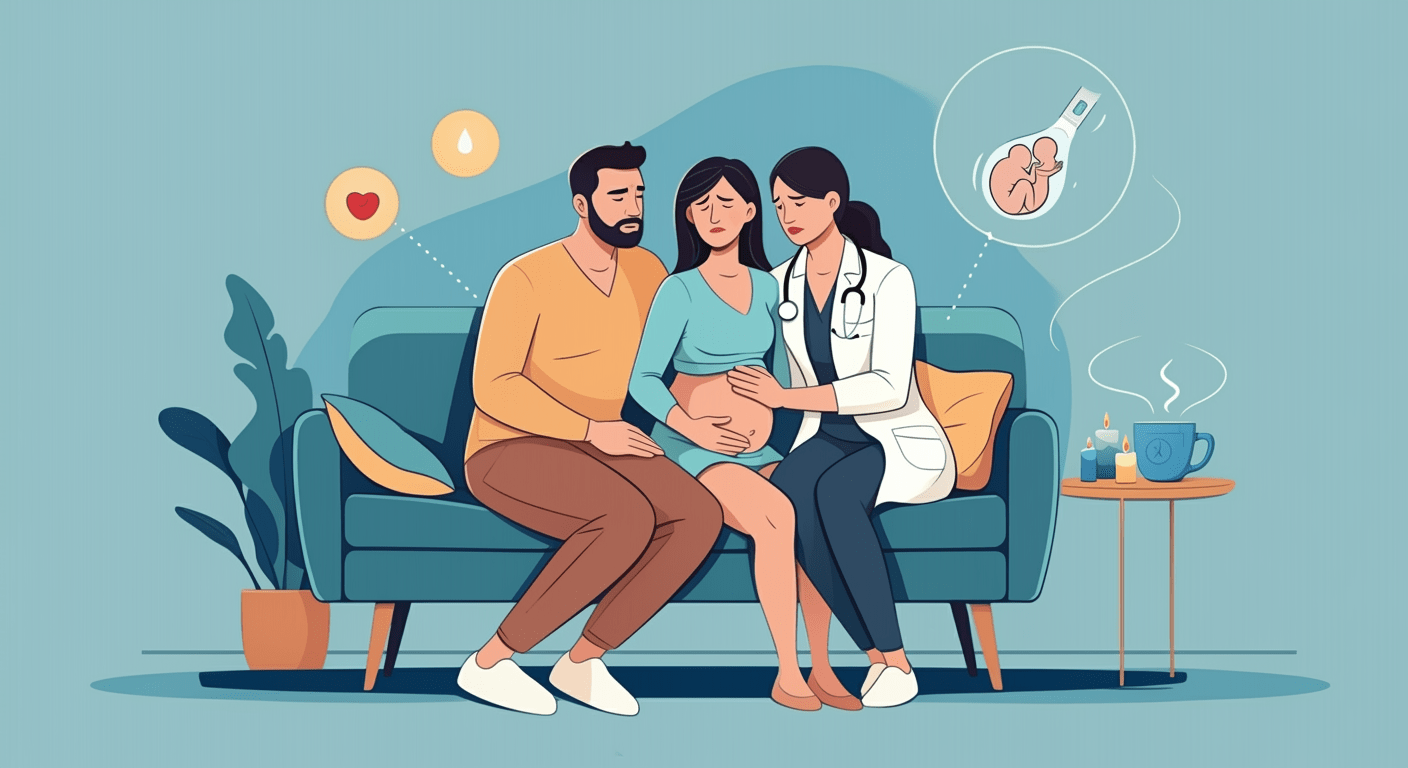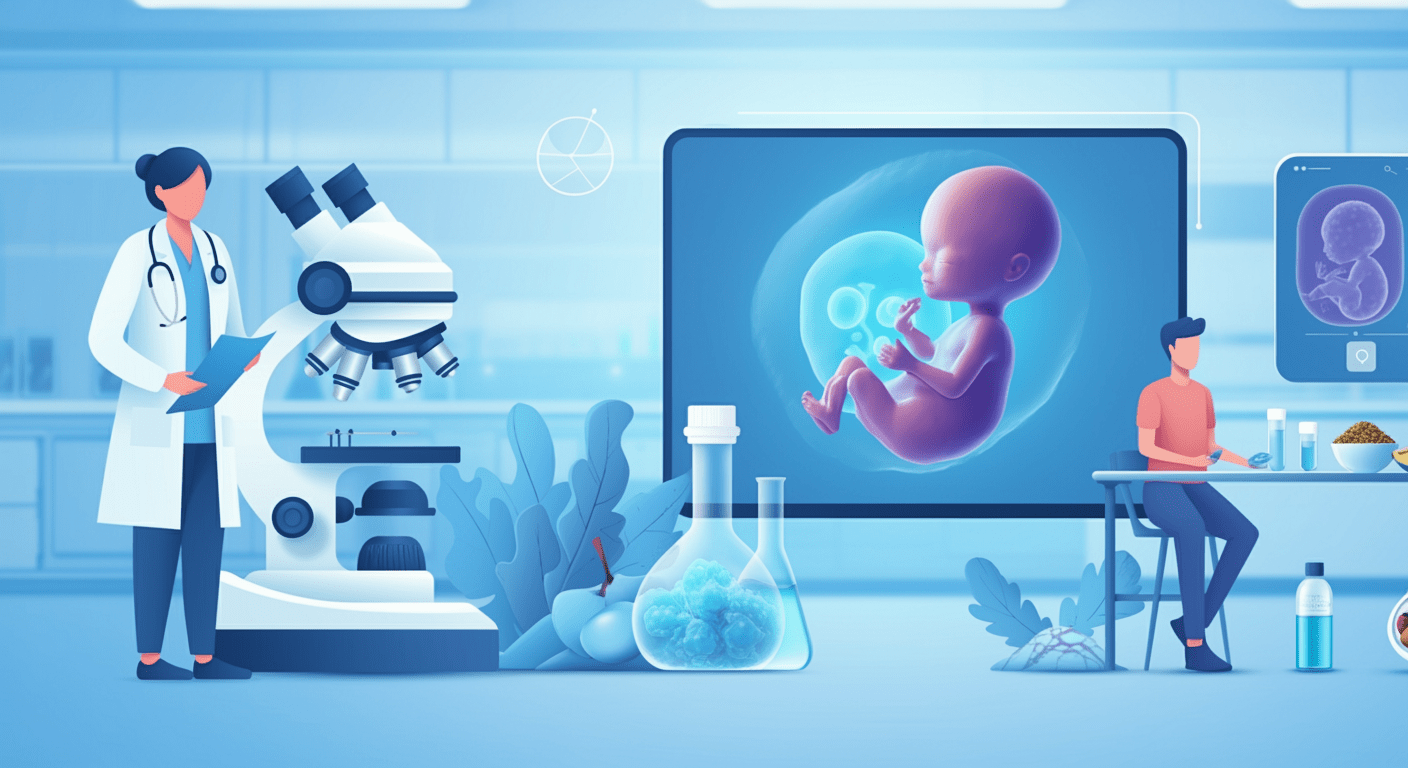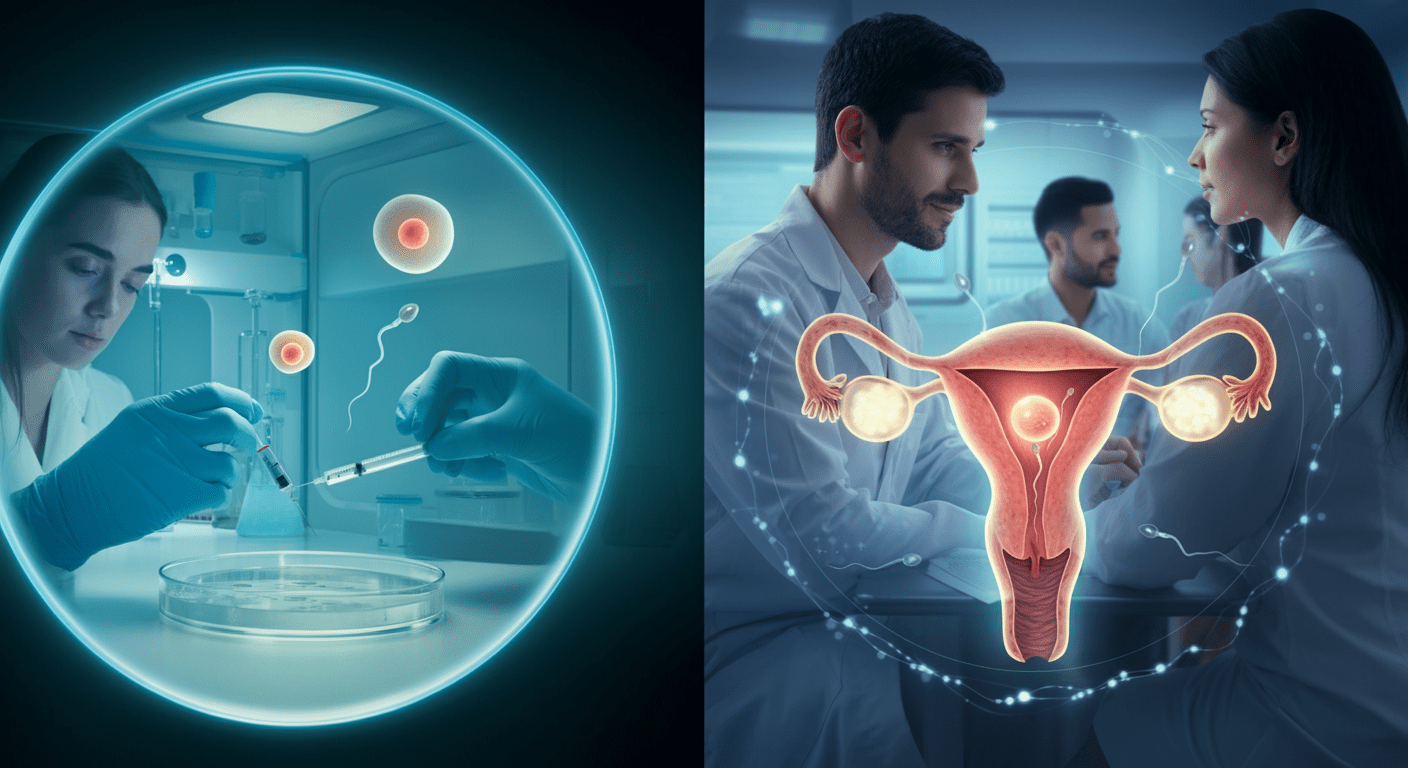Sexual health is an essential component of a man’s overall well-being, yet many men experience difficulties that can impact their confidence, relationships, and quality of life. Sexual problems in men are more common than most people realize, affecting millions globally. These issues can stem from physical, psychological, or lifestyle-related factors.
In this article, we’ll explore the most common sexual problems in men, their causes, and the best treatment options available. Whether you’re dealing with these concerns yourself or supporting a partner, understanding the root causes and solutions can help regain control over your intimate health.
Common Sexual Problems in Men
1. Erectile Dysfunction (ED)
One of the most prevalent sexual problems in men, erectile dysfunction (ED) is characterized by the inability to achieve or maintain an erection firm enough for sexual intercourse.
Causes of ED:
- Physical Causes: Cardiovascular disease, diabetes, high blood pressure, obesity, and neurological disorders.
- Psychological Causes: Stress, anxiety, depression, and performance-related concerns.
- Lifestyle Factors: Smoking, excessive alcohol consumption, poor diet, and lack of physical activity.
Treatment Options:
- Medications: PDE5 inhibitors like Viagra, Cialis, and Levitra.
- Lifestyle Changes: Improved diet, regular exercise, quitting smoking.
- Therapy: Addressing stress, anxiety, or relationship issues through professional counseling.
2. Premature Ejaculation (PE)
Premature ejaculation is when a man ejaculates sooner than desired, often within one minute of penetration. This can lead to dissatisfaction and frustration for both partners.
Causes of PE:
- Psychological: Anxiety, guilt, or relationship issues.
- Biological: Hormonal imbalances, abnormal levels of neurotransmitters.
- Underlying Health Conditions: Prostate issues, thyroid imbalances.
Treatment Options:
- Behavioral Techniques: The “start-stop” or “squeeze” method.
- Medications: Selective serotonin reuptake inhibitors (SSRIs) or topical anesthetics.
- Counseling: Therapy for psychological triggers.
3. Delayed Ejaculation (DE)
This occurs when a man has difficulty or is unable to ejaculate, despite prolonged sexual activity.
Causes of DE:
- Neurological Conditions: Stroke, multiple sclerosis.
- Medications: Antidepressants, blood pressure medications.
- Psychological Factors: Anxiety, religious guilt, past trauma.
Treatment Options:
- Medication Adjustment: Changing or stopping medications causing the issue.
- Psychotherapy: Addressing emotional or psychological blocks.
- Pelvic Floor Therapy: Strengthening muscles involved in ejaculation.
4. Low Libido (Decreased Sexual Desire)
A persistent lack of interest in sexual activity can be distressing and may signal an underlying health issue.
Causes of Low Libido:
- Hormonal Imbalances: Low testosterone levels.
- Mental Health Issues: Depression, stress, or anxiety.
- Medications: Antidepressants, blood pressure medications.
Treatment Options:
- Hormone Therapy: Testosterone replacement therapy if medically necessary.
- Lifestyle Changes: Exercise, proper sleep, a nutritious diet.
- Mental Health Support: Therapy to address psychological concerns.
5. Performance Anxiety
Many men struggle with anxiety related to their sexual performance, leading to difficulties achieving or maintaining an erection.
Causes of Performance Anxiety:
- Fear of Failure: Negative past experiences.
- Stress & Pressure: Societal expectations of masculinity.
- Self-Esteem Issues: Body image concerns, fear of not satisfying a partner.
Treatment Options:
- Cognitive-Behavioral Therapy (CBT): Helps reframe negative thoughts.
- Relaxation Techniques: Meditation, deep breathing exercises.
- Open Communication: Honest conversations with partners to alleviate pressure.
Causes of Sexual Dysfunction in Men
Understanding what causes sexual problems in men is the first step toward finding a solution. These issues typically arise due to:
1. Physical Causes
- Heart Disease & Diabetes: Poor blood flow affects erections.
- Obesity & Metabolic Syndrome: Impacts hormone levels and circulation.
- Neurological Conditions: Conditions like multiple sclerosis and Parkinson’s affect nerve function.
2. Psychological Causes
- Depression & Anxiety: Impact hormone levels and brain chemistry.
- Stress & Fatigue: Reduce sexual desire and energy.
- Past Trauma: Negative past experiences can lead to avoidance of intimacy.
3. Lifestyle-Related Causes
- Unhealthy Diet: High cholesterol and processed foods affect circulation.
- Excessive Alcohol & Smoking: Decrease testosterone and impair blood flow.
- Lack of Exercise: Reduces stamina, testosterone levels, and mental health.
How to Overcome Sexual Problems in Men
Fortunately, most sexual problems in men are treatable. Below are key strategies to improve sexual health.
1. Improve Overall Health
- Eat a balanced diet rich in fruits, vegetables, and lean proteins.
- Exercise regularly to boost blood circulation and stamina.
- Maintain a healthy weight to prevent metabolic disorders.
2. Reduce Stress and Anxiety
- Practice mindfulness meditation and deep breathing exercises.
- Engage in regular physical activity to release endorphins.
- Seek professional therapy or counseling when needed.
3. Communicate with Your Partner
- Open, honest conversations about sexual concerns reduce pressure.
- Try sensate focus exercises to rebuild intimacy without performance anxiety.
- Consider couples therapy if relationship issues contribute to dysfunction.
4. Seek Professional Help
- If you experience persistent sexual problems, consult a urologist, endocrinologist, or psychologist.
- Don’t hesitate to ask about medications, therapy, or alternative treatments.
Sexual Problems in Men: Myths vs. Facts
There are many misconceptions surrounding sexual problems in men, which can prevent individuals from seeking help. Let’s debunk some of them:
| Myth | Fact |
|---|---|
| ED only affects older men. | ED can occur at any age. |
| Low testosterone is the cause of all sexual issues. | Many factors contribute to dysfunction. |
| Medications are the only solution. | Lifestyle changes can also help. |
| Masturbation causes sexual dysfunction. | No scientific evidence supports this claim. |
Conclusion
Sexual problems in men are more common than many realize, but the good news is that they are treatable with the right approach. By addressing physical, psychological, and lifestyle-related factors, men can significantly improve their sexual health and regain confidence in their intimate lives.
If you’re experiencing ongoing issues, consult a healthcare provider to explore the best treatment options. Remember, taking proactive steps today can lead to a healthier, more satisfying sex life in the future.
FAQs related to Sexual Problems in Men
1. What are the most common sexual problems in men?
Several sexual problems can affect men at different stages of life. The most common include:
Erectile Dysfunction (ED): Difficulty achieving or maintaining an erection.
Premature Ejaculation (PE): Ejaculating sooner than desired during intercourse.
Delayed Ejaculation (DE): Taking too long to ejaculate or being unable to ejaculate.
Low Libido (Decreased Sexual Desire): Lack of interest in sexual activities.
Performance Anxiety: Fear of not satisfying a partner, leading to dysfunction.
These conditions can be caused by physical, psychological, or lifestyle factors and often require a combination of medical and lifestyle interventions for treatment.
2. What causes sexual dysfunction in men?
Sexual dysfunction in men is usually caused by a mix of biological, psychological, and lifestyle-related factors. The main causes include:
Physical Causes:
Cardiovascular diseases (poor blood circulation affects erections).
Diabetes (damages nerves and blood vessels needed for sexual function).
Hormonal imbalances (low testosterone, thyroid issues).
Neurological disorders (multiple sclerosis, Parkinson’s disease).
Side effects of medications (antidepressants, blood pressure meds).
Psychological Causes:
Stress and anxiety (work-related stress, financial worries).
Depression (lowers sex drive and energy levels).
Past trauma or abuse (leads to avoidance of intimacy).
Lifestyle-Related Causes:
Smoking and excessive alcohol use (damages blood vessels).
Lack of physical activity (leads to poor circulation and obesity).
Poor diet (processed foods and high sugar intake negatively impact hormone levels).
Identifying the underlying cause is essential for finding the right treatment.
3. Can erectile dysfunction (ED) be reversed naturally?
Yes, in many cases, erectile dysfunction (ED) can be improved or reversed with natural methods. Here are some proven ways to enhance erectile function naturally:
1. Improve Diet & Nutrition
Eat more heart-healthy foods: Leafy greens, berries, nuts, and fish improve circulation.
Reduce processed foods and sugar: Excess sugar leads to insulin resistance, which contributes to ED.
2. Exercise Regularly
Cardio workouts (e.g., running, swimming, cycling) help increase blood flow.
Strength training (e.g., weight lifting) boosts testosterone levels.
3. Reduce Stress & Anxiety
Practice meditation and deep breathing exercises to reduce performance anxiety.
Engage in stress-relieving activities like yoga, hobbies, or spending time in nature.
4. Quit Smoking & Limit Alcohol
Nicotine restricts blood flow to the penis. Quitting smoking can significantly improve erection quality.
Excessive alcohol affects testosterone levels and nerve function. Reduce alcohol intake for better sexual health.
5. Get Enough Sleep
Poor sleep leads to low testosterone and fatigue. Aim for 7-9 hours per night.
6. Consider Natural Supplements
L-arginine, Panax ginseng, and Maca root have been linked to improved erections.
Always consult a doctor before trying supplements.
If ED persists despite lifestyle changes, it’s best to seek medical advice for additional treatment options.
4. How can I last longer in bed and prevent premature ejaculation (PE)?
Premature ejaculation (PE) is common, but several techniques can help men last longer during intercourse:
1. Behavioral Techniques
“Start-Stop” Method: Pause stimulation before ejaculation, then resume after a short break.
“Squeeze” Technique: Gently squeeze the penis just before climax to delay ejaculation.
Slow & Deep Breathing: Helps manage arousal levels.
2. Kegel Exercises (Pelvic Floor Training)
Strengthen pelvic muscles by doing Kegel exercises (contracting and relaxing pelvic muscles).
Example Exercise: Squeeze pelvic muscles for 3 seconds, then release. Repeat 10-15 times daily.
3. Mental Distraction
Shift focus away from arousing thoughts by thinking about non-sexual things (e.g., numbers, sports).
Reduce performance pressure by engaging in foreplay and other forms of intimacy.
4. Use Desensitizing Sprays or Condoms
Topical anesthetics (like lidocaine or benzocaine) help reduce sensitivity.
Thicker condoms delay ejaculation by reducing penile sensation.
5. Seek Therapy if Needed
Psychosexual therapy can help if PE is linked to anxiety or past trauma.
Medications like SSRIs (e.g., paroxetine, sertraline) are sometimes prescribed to delay ejaculation.
By combining these techniques, many men successfully overcome premature ejaculation.
5. Does low testosterone cause sexual problems?
Yes, low testosterone (Low-T) can contribute to sexual problems in men, including:
Low libido (lack of interest in sex)
Erectile dysfunction (weaker erections)
Reduced stamina and energy levels
Mood changes (irritability, depression, brain fog)
How to Increase Testosterone Naturally?
Strength training & weightlifting: Boosts testosterone production.
Healthy fats (avocados, nuts, olive oil): Support hormone function.
Adequate sleep: Increases natural testosterone levels.
Reduce stress: Lower cortisol levels to balance testosterone.
Vitamin D & Zinc intake: Essential for testosterone production.
When to Consider Testosterone Therapy?
If natural methods don’t help, a doctor may recommend Testosterone Replacement Therapy (TRT) through injections, patches, or gels. Always consult a healthcare professional before starting TRT.
6. Are there any natural remedies for sexual problems in men?
Yes, several natural remedies may help improve sexual health in men:
1. Herbal Supplements
Panax Ginseng: Helps with erectile dysfunction.
Maca Root: Boosts libido and energy levels.
Ashwagandha: Reduces stress and enhances testosterone.
L-arginine: Improves blood flow to the penis.
2. Essential Nutrients
Zinc & Magnesium: Improve testosterone production.
Vitamin D: Linked to higher testosterone and better mood.
3. Acupuncture & Ayurveda
Acupuncture: May help with erectile dysfunction.
Ayurvedic treatments like Shilajit & Safed Musli are used in traditional medicine for male vitality.
While natural remedies can help, consult a doctor before using them, especially if you’re on medications.
7. When should I see a doctor for sexual problems?
If you experience persistent sexual problems, it’s important to consult a healthcare professional. Seek medical help if:
Erectile dysfunction lasts longer than 3 months.
Premature ejaculation occurs in nearly every sexual encounter.
Low libido affects your relationship or self-esteem.
You suspect hormonal imbalances (low energy, mood swings, weak erections).
Pain during intercourse or ejaculation.
A doctor can perform blood tests, hormone assessments, and psychological evaluations to find the underlying cause and recommend appropriate treatments.

